Fernando Veloso, trailblazer of Mozambican journalism, dies aged 71
Mozambique: FORCOM to take government to court over Mocímboa Community Radio

File photo: DW
The Cabo Delgado provincial government ordered the removal of broadcasting equipment from the Mocímboa da Praia Community Radio Station, a move which the National Forum of Community Radio Stations (FORCOM) describes as illegal and incomprehensible.
The equipment was donated by the US as part of the Reconstruction Fund, to help the station resume operations after it was destroyed by insurgents in 2017.
In an interview with DW, FORCOM director Ferosa Zacarias said she would file a complaint against the government, accusing the authorities of violating the freedoms of the press, of assembly and of association.
DW Africa: What was the provincial government’s argument for removing the equipment?
Ferosa Zacarias (FZ): The government’s argument is that the National Forum of Community Radios (FORCOM) doesn’t belong to a reconstruction group and that, therefore, we shouldn’t move the station. But that’s completely illegal, since we don’t need to belong to any group to rebuild a station that is already our affiliate.
We followed all the procedures. The process took almost two years, and obstacles were created which, fortunately, helped us organize all the documents. But, due to terrorism, everything was destroyed. We were left without documents.
DW Africa: Does the provincial government’s decision to deactivate the station constitute a disavowal of the Information Office (GABINFO)?
FZ: In a way, yes. Regarding GABINFO, we have no complaints. On the contrary, GABINFO granted us a license. They were very swift to grant us a license renewal, and we presented this document to the provincial government, assuring them that we were granted authorization.
There were several consultation meetings with the district government. At no point did we receive information that another entity was rebuilding the radio station. We were very pleased to hear that the district government itself was grateful and willing to cooperate. So much so that the FORCOM equipment has been in Mocímboa da Praia since September of last year.
DW Africa: Was the equipment donated by the United States of America, in agreement with the Mozambican government?
FZ: Yes, in agreement with the government, as part of post-terrorism reconstruction. It was donated directly to FORCOM.
DW Africa: Were there any suspicions regarding the equipment, in the sense that it could, for example, be used for criminal purposes? What is the suspicion regarding this decision by the provincial government?
FZ: I completely dismiss that point. What happened was a lack of coordination on the part of the government, because, from the beginning, if we had been informed that the equipment was available. Perhaps we would have relocated it to another station, I’m talking about the equipment, not the frequency or the radio station’s title. We would have considered a different strategy, and perhaps if the district and provincial governments had communicated properly, they would have informed us that the equipment was already available, avoiding all this confusion.
This lack of coordination and sensitivity toward supporting civil society is a national disgrace.
DW Africa: FORCOM also reports that its members are being persecuted for joining the Institute of Social Communication. Is there any law requiring radio stations operating in Mozambique to be members or affiliated with the institute?
FZ: No. There is no law requiring it, but “tricks” are created. For example, issues related to licensing. If we hadn’t properly prepared and organized the entire process, they could have “caught” us on the licensing issue.
Sometimes, they charge fees to radio stations that aren’t aware of the exemption from payment for operating the electricity grid. And this creates a certain amount of threat and intimidation within the radio stations.
DW Africa: Do you see this as a threat to press freedom? Or is it simply an act based on the authorities’ ignorance?
FZ: Yes, it is a serious threat to press freedom, freedom of expression, and freedom of association. It’s a very serious matter that shouldn’t be seen solely within [the frame of] the media.
I believe that what’s happening now with Mocímboa da Praia radio could happen with any other civil society organization, for example, one that wants to build a hospital.


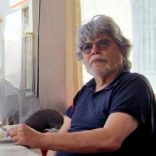
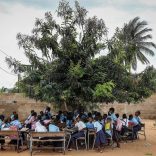
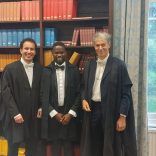
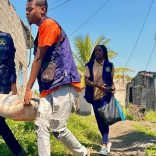
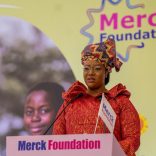
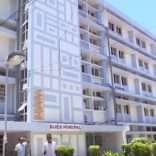




Leave a Reply
Be the First to Comment!
You must be logged in to post a comment.
You must be logged in to post a comment.